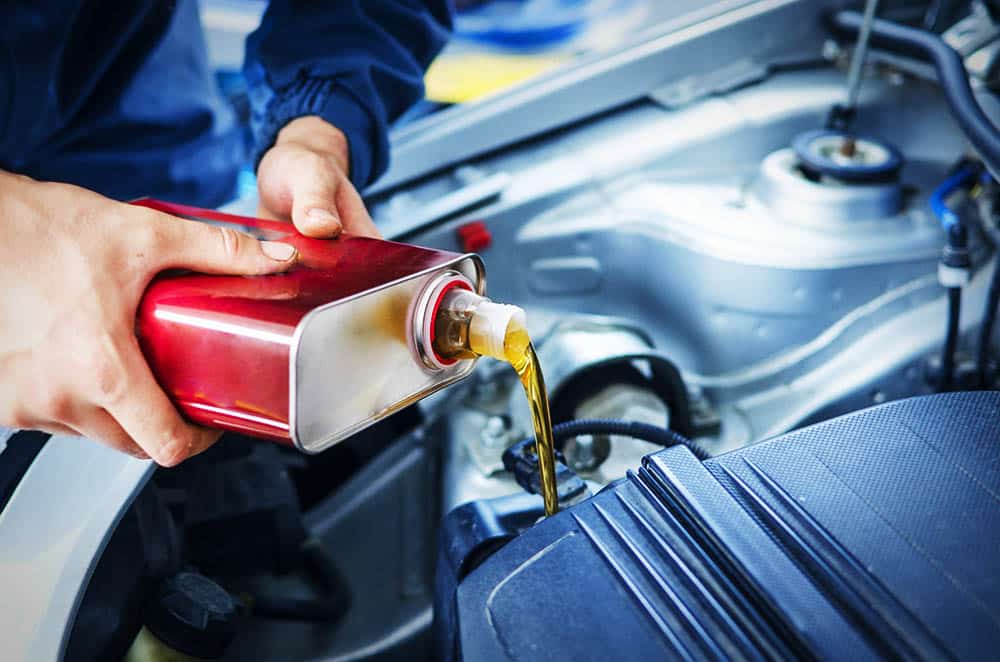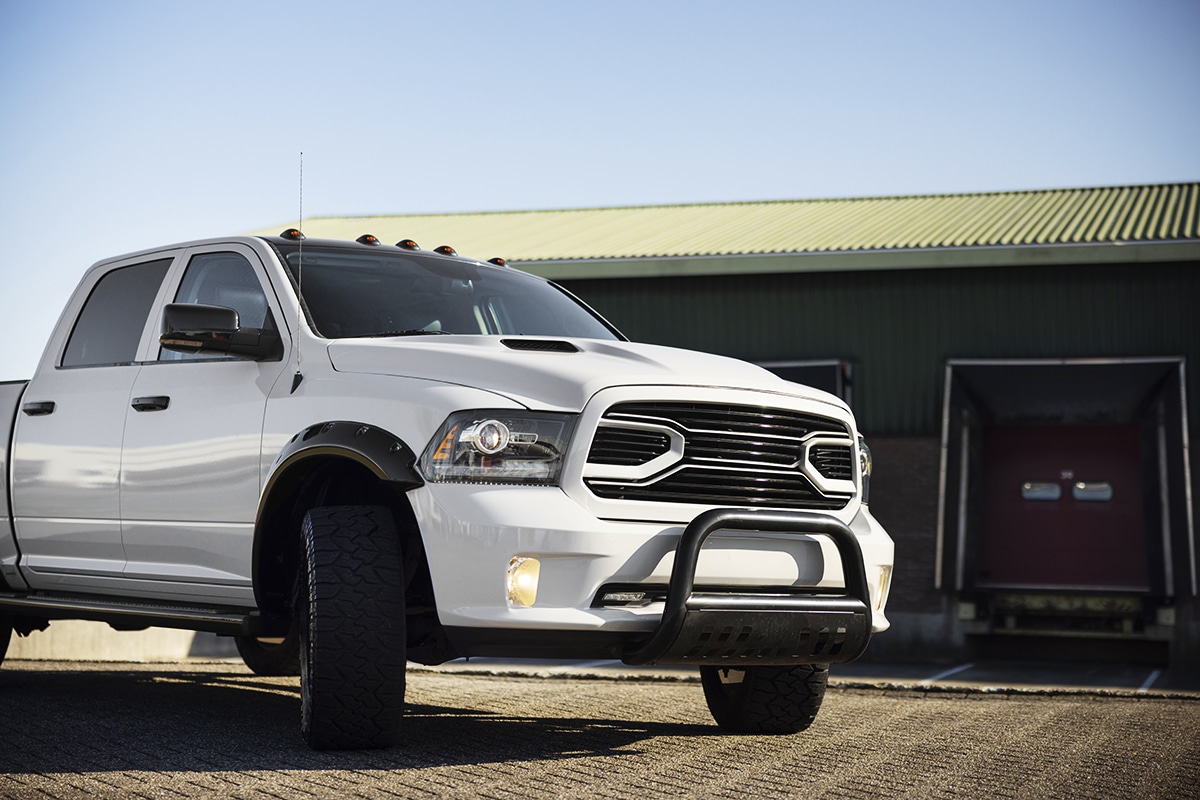Why Oil Filters are Important for Your Engine
The engine is the heart of your car, and just like you need to take care of your heart, you need to take care of your engine. One of the most vital parts of engine maintenance is changing the oil and oil filter regularly. While most people understand the importance of changing the oil, they tend to overlook the importance of oil filters.
The purpose of oil filters is to remove contaminants from the engine oil to protect the engine. Over time, your engine oil can pick up debris such as dirt, metal particles, and sludge, which can cause damage to your engine. Oil filters prevent these contaminants from running through your engine and causing damage.
The Consequences of Not Changing Your Oil Filter
If you neglect to change your oil filter, it can cause severe problems for your engine. The filter can become clogged, which means it is not able to do its job properly. If the filter can’t remove contaminants from the engine oil, it can result in a lack of lubrication, which leads to engine wear and tear.
A clogged oil filter can also cause a drop in oil pressure, which can have severe consequences for your engine. Oil pressure is necessary to lubricate the moving parts of your engine. If oil pressure drops, the moving parts of your engine can seize or break down. This can lead to costly engine repairs or, in some cases, even engine replacement.
The Benefits of High-Quality Oil Filters
Not all oil filters are created equal. High-quality oil filters are designed to remove the smallest particles of contaminants from your engine oil. They are also built to withstand high oil pressures, ensuring that your engine remains lubricated correctly.
Investing in high-quality oil filters can help you save money in the long run. While they may cost a little more upfront, they can prevent expensive repairs down the road. Good quality oil filters are designed to last longer than cheap ones, so you will need to change them less frequently. This means you will save money on oil and filters in the long run.
Choosing the Right Oil Filter
When it comes to choosing the right oil filter, it is essential to consider the specifications and requirements of your vehicle. Refer to the owner’s manual for the recommended oil filter for your vehicle.
There are two types of oil filters – spin-on and cartridge. Spin-on filters are the most common, and they are easy to install and remove. Cartridge filters are a little more complex and require a special tool to install and remove.
It is essential to choose the right size oil filter for your vehicle. A filter that is too small will not fit or function correctly, while a filter that is too big will not seal correctly.
When to Change Your Oil Filter
How often you change your oil filter depends on a few factors, such as your driving conditions and the type of oil filter you are using. As a general rule, it is recommended to change your oil filter every time you change your oil, which is typically every 5,000 to 7,500 miles.
If you drive in dusty or dirty conditions, you may need to change your oil filter more frequently. Similarly, if you are using a low-quality oil filter, you may need to change it more frequently.
It is essential to pay attention to the warning signs that your oil filter needs to be changed. If you notice a drop in oil pressure or unusual engine noises, it may be time to change your oil filter. If you are unsure, it is always best to consult a mechanic.
Tips for Maintaining Your Engine
Apart from changing your oil and oil filter regularly, there are other steps you can take to maintain your engine and extend its lifespan.
1. Check your oil level regularly: Your engine needs the right amount of oil to function correctly. Check your oil level regularly and top it up as necessary.
2. Use high-quality oil: Using high-quality engine oil can help keep your engine running smoothly.
3. Use a fuel injector cleaner: Fuel injector cleaners can help keep your engine clean, which can lead to improved fuel efficiency and performance.
4. Keep your air filter clean: The air filter should be cleaned or replaced regularly to ensure that your engine is getting enough air.
The Bottom Line
Oil filters are essential for the proper functioning of your engine. Investing in high-quality oil filters can prevent costly engine repairs and extend the lifespan of your engine. By following the right maintenance schedule and keeping an eye out for warning signs, you can keep your engine running smoothly for years to come. Remember, don’t skimp on maintenance if you want to save money in the long run.




